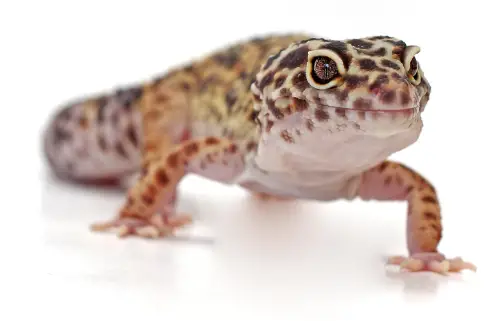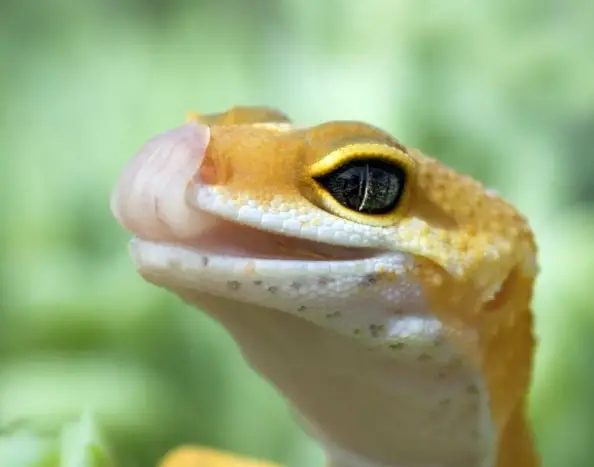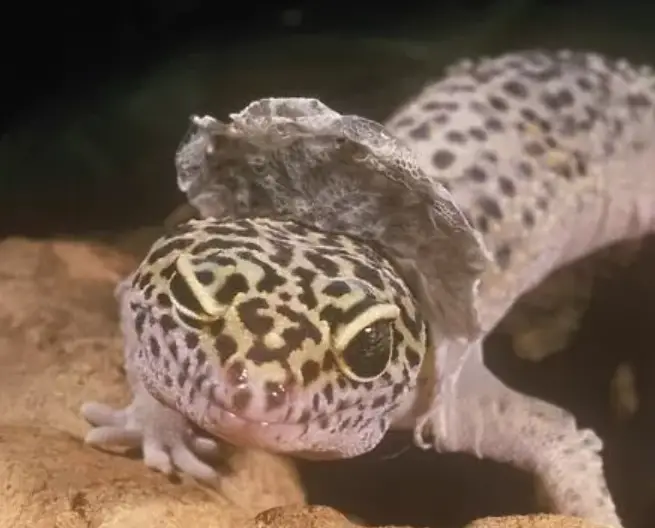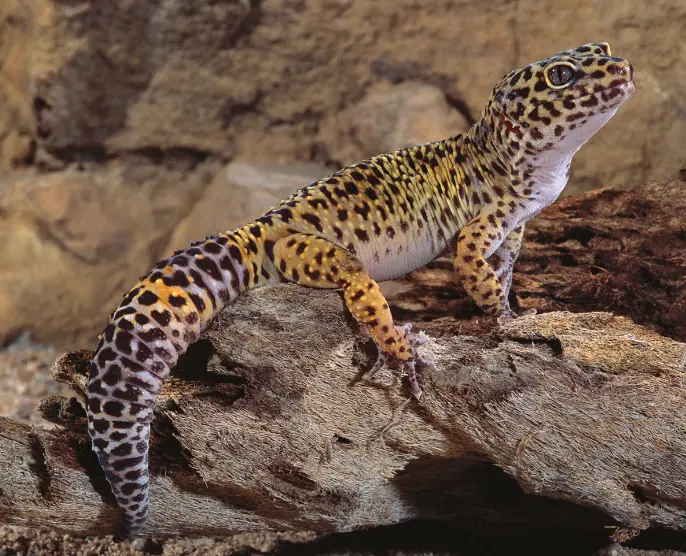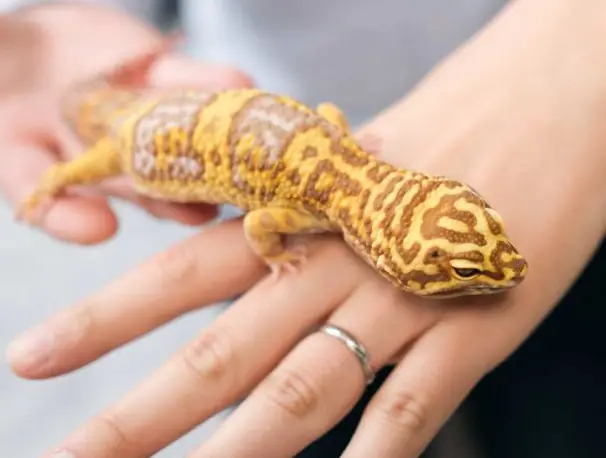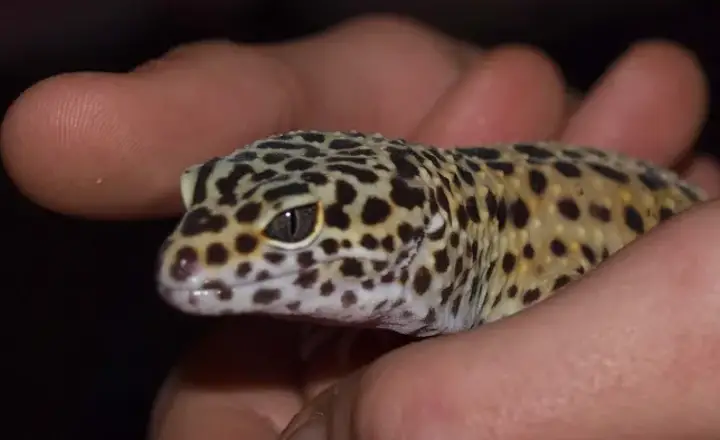Leopard geckos are one of the most popular reptile pets in the world, and for good reason. They are relatively easy to care for, have a docile temperament, and come in a wide variety of colors and patterns. However, like all living creatures, leopard geckos are not immune to health issues. One of the most common concerns among leopard gecko owners is whether or not feeding mealworms can cause impaction. In this article, we will explore this topic in depth and provide you with all the information you need to keep your leopard gecko happy and healthy.
What is impaction?
Impaction is a common health issue in leopard geckos that occurs when the digestive system becomes obstructed, typically as a result of ingesting indigestible or poorly digestible material such as sand, substrate, or other foreign objects. This can cause a range of symptoms, including loss of appetite, constipation, lethargy, and difficulty defecating. In severe cases, impaction can lead to serious health complications, such as intestinal blockages, infections, and even death. It’s important for leopard gecko owners to provide appropriate substrate and monitor their pet’s diet and behavior to prevent impaction from occurring. If you suspect your leopard gecko may be impacted, it’s important to seek veterinary care immediately.
Can mealworms cause impaction in leopard geckos?
Yes, mealworms can cause impaction in leopard geckos. This is because mealworms have a tough exoskeleton that is difficult for leopard geckos to digest. Additionally, mealworms have a high ratio of chitin to protein, which can further contribute to impaction.
Are all types of mealworms problematic for leopard geckos?
Not all types of mealworms are equally problematic for leopard geckos. The most common type of mealworms, Tenebrio molitor, are the most difficult to digest and therefore pose the greatest risk of impaction. However, smaller and softer mealworms, such as the lesser mealworm (Alphitobius diaperinus), are easier for leopard geckos to digest and are less likely to cause impaction.
Can leopard geckos eat mealworms at all?
Yes, leopard geckos can eat mealworms, but they should be fed in moderation and only as part of a balanced diet. Feeding your leopard gecko a diet that consists solely of mealworms is not recommended and can lead to nutritional deficiencies.
What other food options are available for leopard geckos?
Leopard geckos are carnivores and require a diet high in protein. In addition to mealworms, leopard geckos can be fed a variety of other insects, such as crickets, dubia roaches, and black soldier fly larvae. It is important to offer a variety of insect types to ensure that your leopard gecko receives a balanced diet.
How often should leopard geckos be fed?
Leopard geckos should be fed 2-3 times per week, with each feeding consisting of 3-5 appropriately sized insects. Overfeeding can lead to obesity and other health problems.
What are the signs of impaction in leopard geckos?
The signs of impaction in leopard geckos include loss of appetite, lethargy, constipation, bloating, and abdominal discomfort. If you suspect that your leopard gecko may be impacted, it is important to seek veterinary care immediately.
How can impaction be prevented in leopard geckos?
Impaction can be prevented in leopard geckos by offering a varied diet that includes a variety of appropriately sized insects. Additionally, it is important to ensure that your leopard gecko has access to fresh water at all times and that their enclosure is kept clean.
Can leopard geckos recover from impaction?
Leopard geckos can recover from impaction, but it requires prompt veterinary care and treatment. Treatment typically involves hydration, lubrication, and potentially surgery in severe cases.
Conclusion
In conclusion, while mealworms can cause impaction in leopard geckos, they can be fed in moderation as part of a balanced diet. It is important to offer a variety of insect types and to ensure that your leopard gecko has access to fresh water at all times. If you suspect that your leopard gecko may be impacted, seek veterinary care immediately. By following these guidelines and monitoring your leopard gecko’s health, you can help ensure that they live a long and healthy life.
In summary, leopard geckos can be impacted by mealworms if they are fed too frequently or if they are the only insect in their diet. However, by offering a varied diet and monitoring your gecko’s health, you can prevent impaction and keep your gecko healthy. If you are ever concerned about your gecko’s health, it is important to seek veterinary care immediately. By taking good care of your leopard gecko, you can enjoy a wonderful relationship with this fascinating and beloved pet.
